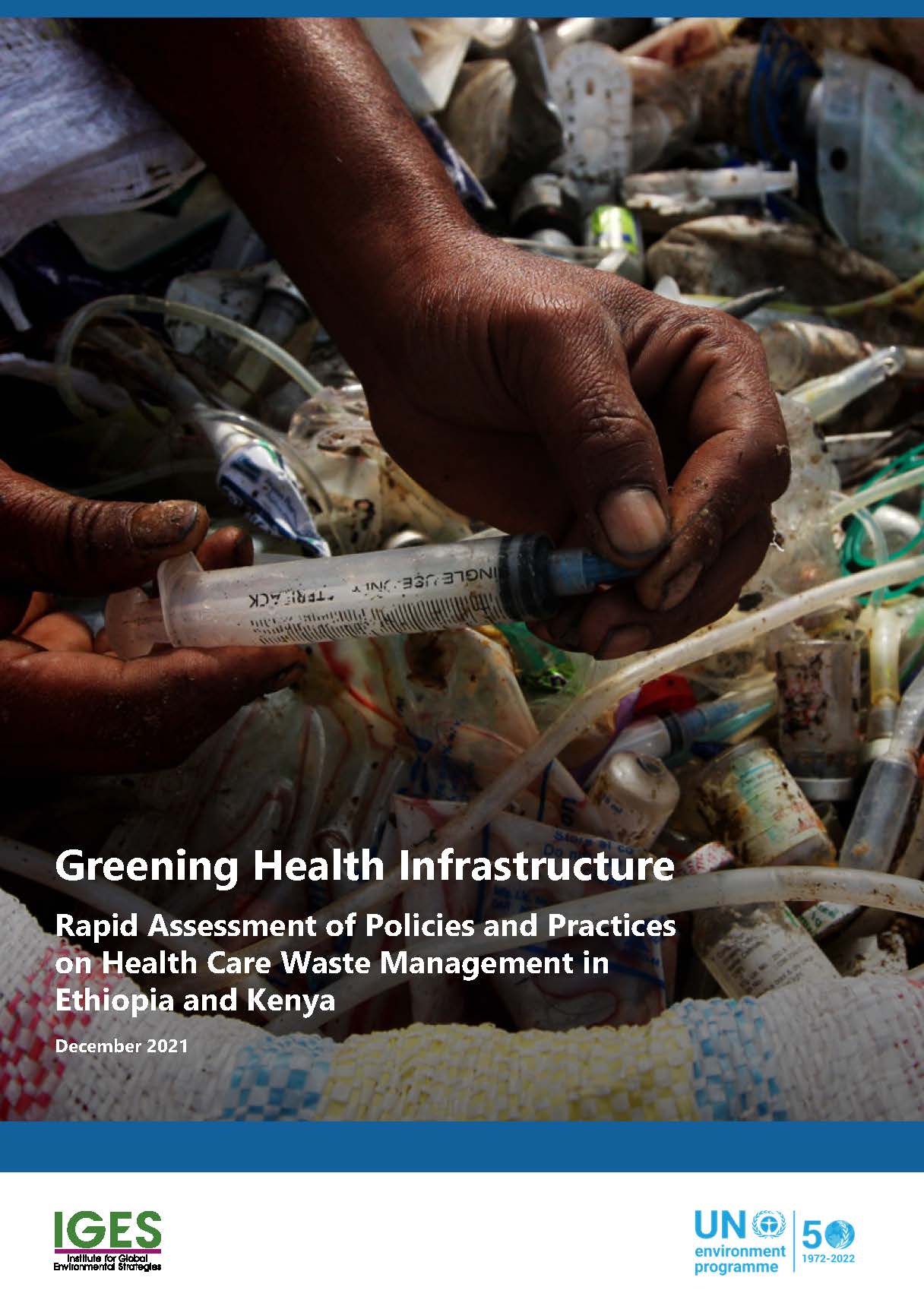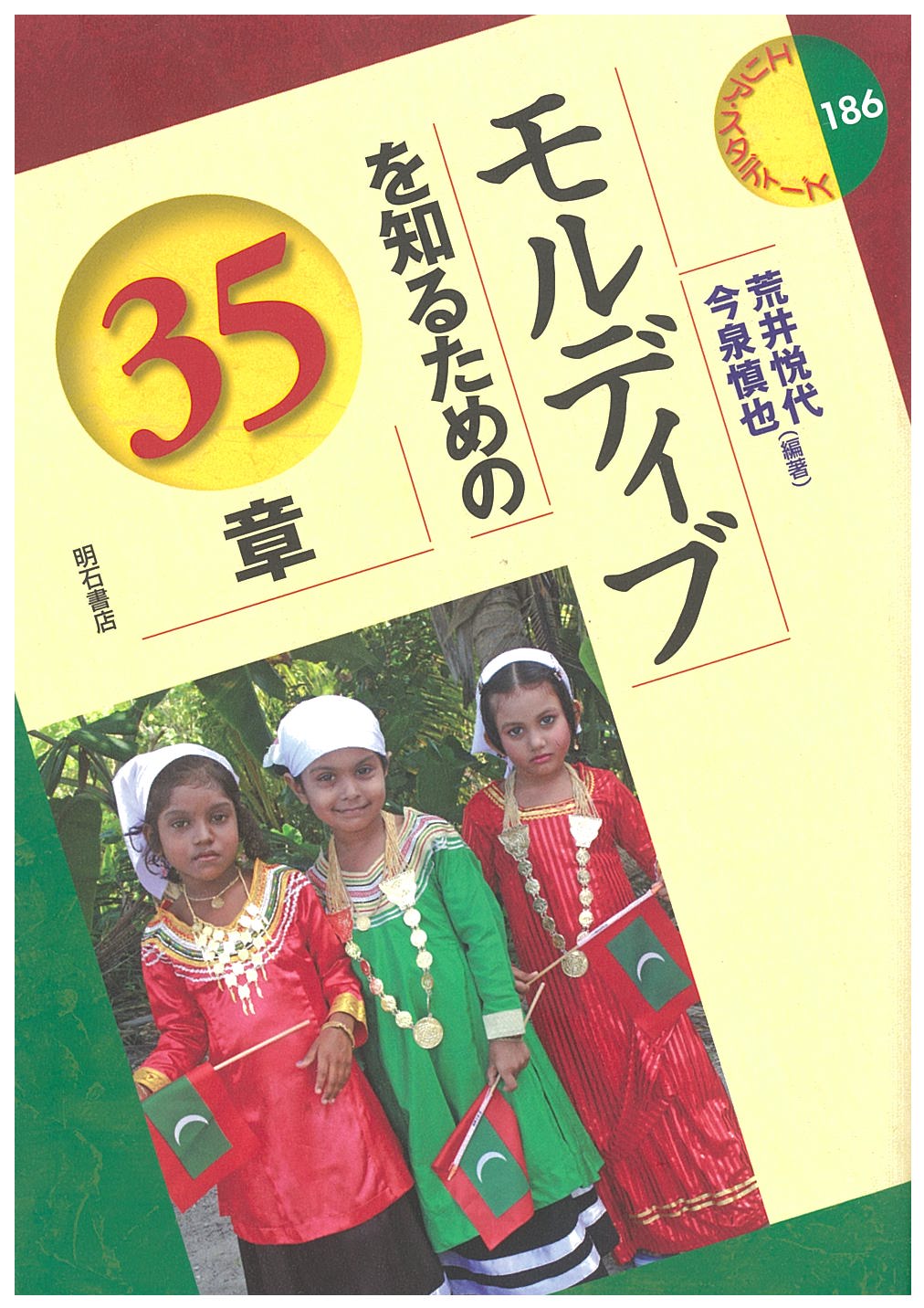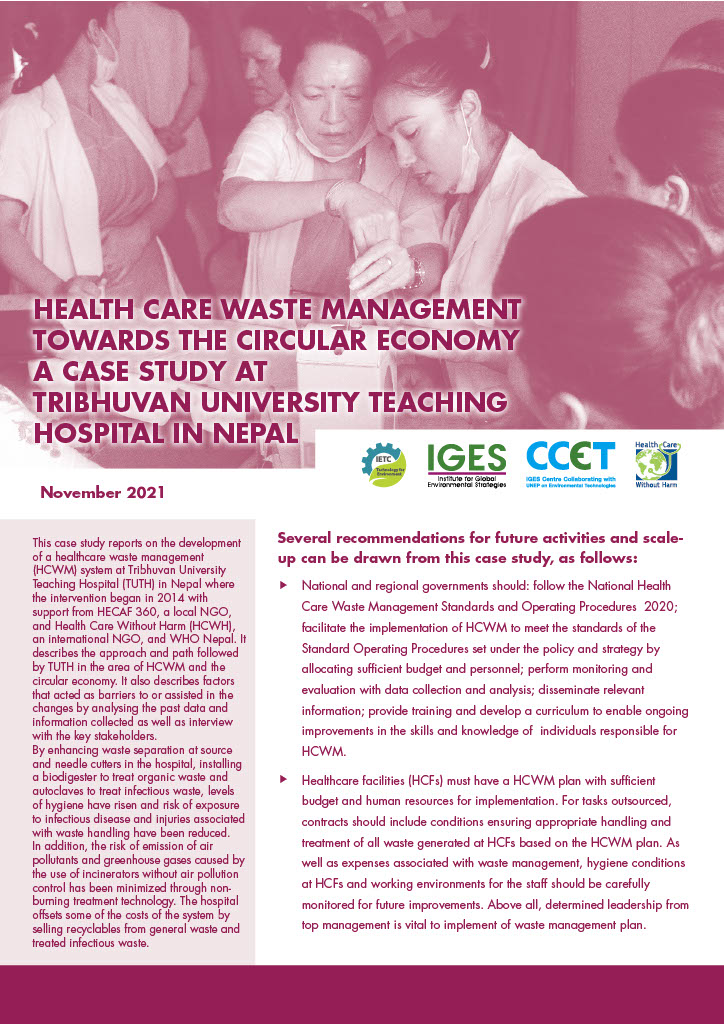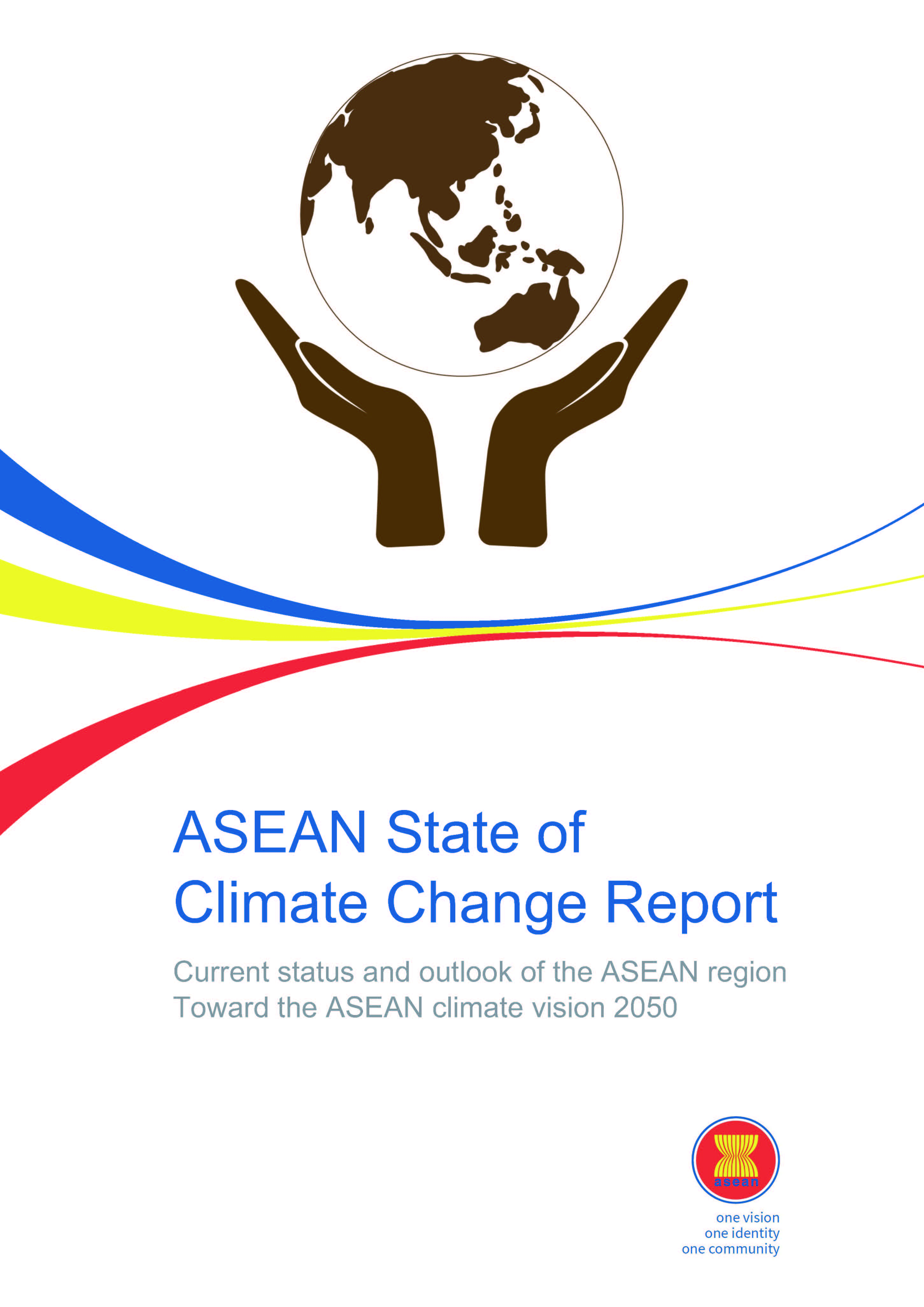In Sustainability Science
This is the Editorial of the first IGES-initiated Special Feature of the Sustainability Science journal. This Special Feature on Just and Sustainable Transitions in Net-Zero Asia aims to highlight how researchers, policymakers, and practitioners across Asia are applying just transition thinking to address pressing environmental challenges, climate...








